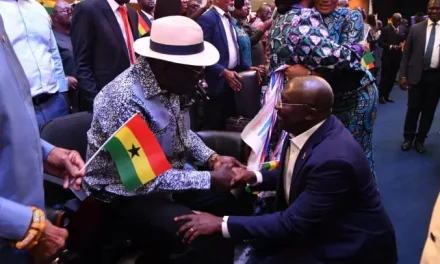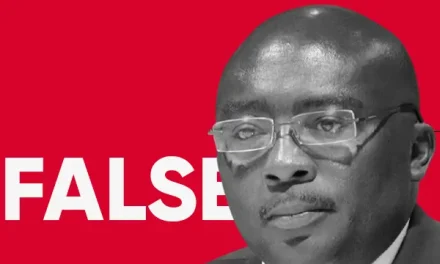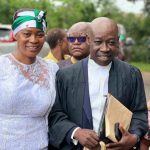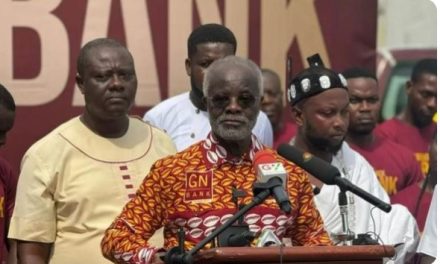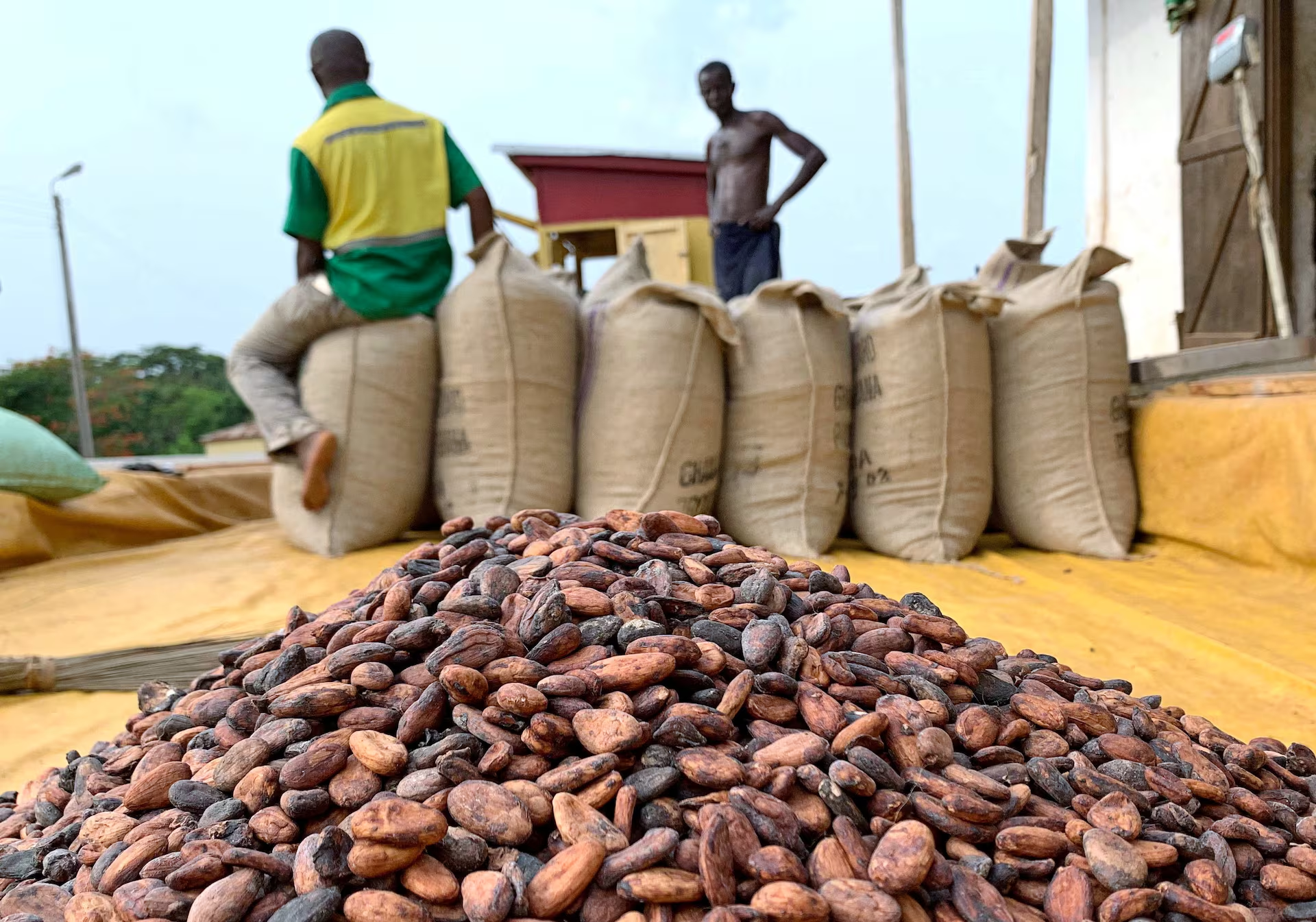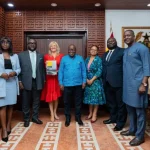
Controversy over vacant seats: Supreme Court to rule today


Today, Tuesday, November 12, the Supreme Court is scheduled to issue a historic verdict regarding the contentious decision made by Speaker of the House of Representatives Alban Bagbin to declare four parliamentary seats vacant.
This comes after Bagbin’s unilateral proclamation set off a judicial dispute that has questioned the Speaker’s power and the constitutional procedure for filling parliamentary vacancies.
On Monday, November 11, Thaddeus Sory, the Speaker’s attorney, did not show up for court and did not turn in the necessary statement of case.
This absence follows the Attorney-General’s concerns regarding the legality of Sory’s ongoing representation of the Speaker, claiming that the engagement was not authorised by the Public Procurement Authority.
Alexander Afenyo-Markin, the head of the New Patriotic Party (NPP) parliamentary caucus, started the case.
Bagbin’s decision, which was taken without judicial review or the holding of by-elections, is being contested by Afenyo-Markin.
The Majority Leader argues that by appointing the seats without due procedure, the Speaker went beyond his constitutional authority.
Speaker Bagbin’s interpretation of the 1992 Constitution with relation to parliamentary vacancies is at the heart of the disagreement.
Bagbin announced that the seats were empty on October 17, 2024, citing constitutional violations by the concerned Members of Parliament (MPs) as the reason for their dismissal.
Afenyo-Markin contends, however, that this ruling circumvented the legal system and infringed upon the judiciary’s constitutional interpretation authority.
Bagbin’s actions essentially disenfranchised the affected constituents by denying them appropriate representation in Parliament, according to Afenyo-Markin, who maintains that the judiciary, not the Speaker, has the authority to declare seats vacant.
He contends that rather than the Speaker acting alone, such decisions ought to be decided by judicial review.
The Supreme Court responded to Afenyo-Markin’s lawsuit by issuing an injunction that stops any further action on the open seats until a final ruling is rendered.
In a subsequent motion to overturn the injunction, Speaker Bagbin claimed that it violated his responsibilities as Speaker. The Supreme Court, however, denied his motion and maintained its earlier order.
The court’s ruling, which is imminent today, is anticipated to have a big impact on parliamentary processes and the distribution of power between the Speaker and the judiciary.

